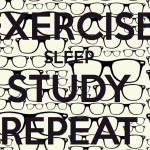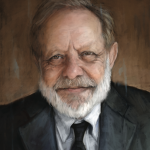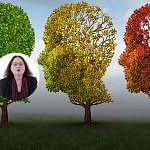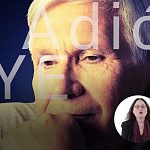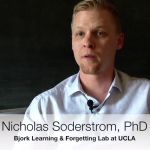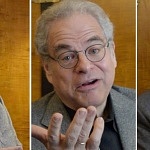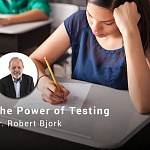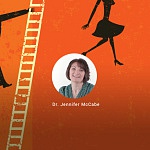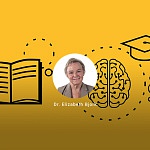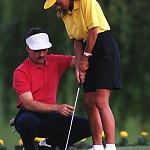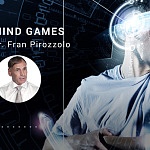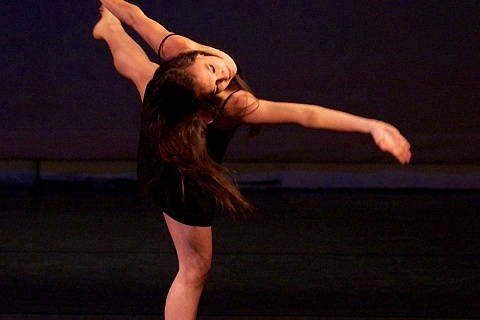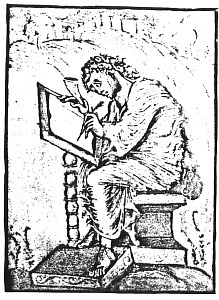Make It Stick: The Science of Successful Learning
To most of us, learning something “the hard way” implies wasted time and effort. Good teaching, we believe, should be creatively tailored to the different learning styles of students and should use strategies that make learning easier. Make It Stick turns fashionable ideas like these on their head. Drawing on recent discoveries in cognitive psychology and other disciplines, the authors offer concrete techniques for becoming more productive learners.
Grappling with the impediments that make learning challenging leads both to more complex mastery and better retention of what was learned. Many common study habits and practice routines turn out to be counterproductive. Underlining and highlighting, rereading, cramming, and single-minded repetition of new skills create the illusion of mastery, but gains fade quickly. More complex and durable learning comes from testing oneself, introducing certain difficulties in practice, waiting to re-study new material until a little forgetting has set in, and interleaving the practice of one skill or topic with another. In other words, the most productive practices are ones that feel slow and unrewarding and are seldom adopted by learners.
Henry Roediger and Mark McDaniel are cognitive scientists who have dedicated their careers to the study of learning and memory. Peter Brown is a story-teller. They have teamed up to explain how learning and memory work by telling the stories of people who have who found their way to mastery of complex knowledge and skills–stories that illuminate the principles of learning that empirical research shows are highly effective.
Speaking most urgently to students, teachers, trainers, and athletes, Make it Stick will appeal to all those interested in the challenge of lifelong learning and self-improvement.


